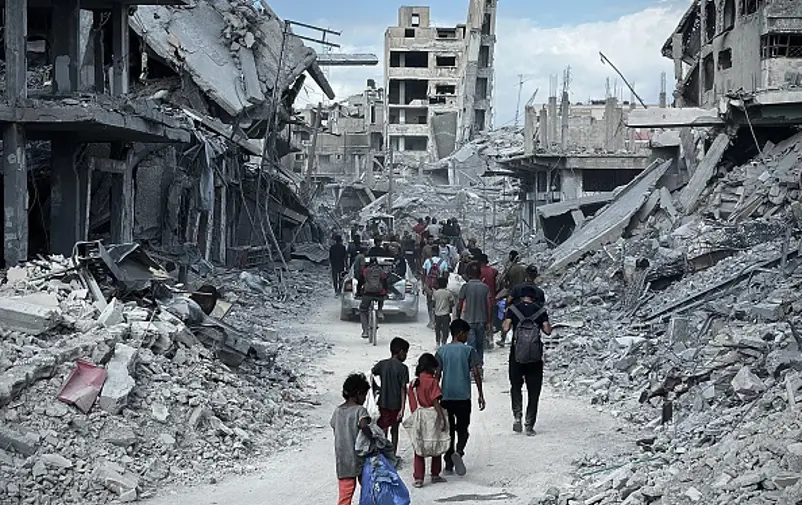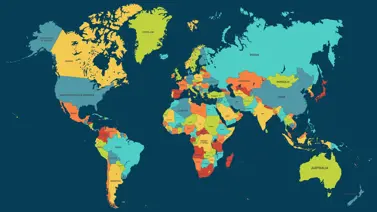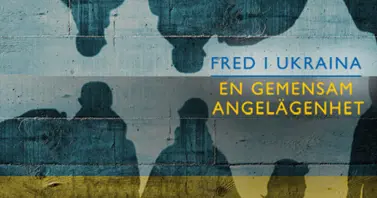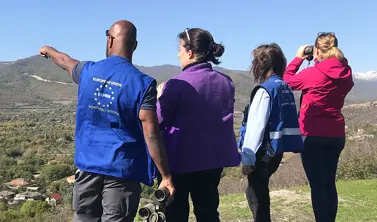Political Integration and Post-war Elections
The findings presented in this brief draw on our research showing that formal, constitutional participation in politics has been an attractive option for most armed opposition groups over the last thirty years. In the aftermath of civil war, most armed opposition groups have the opportunity to form a political party and to compete in post-war elections. Unless they are legally banned from doing so (a very rare outcome), the overwhelming majority of these groups do form political parties, and nearly all that do form parties go on to participate in the first post-war general elections.
This research brief series has been initiated through a collaboration between the Politics After War (PAW) research network, the Folke Bernadotte Academy (FBA), and the United Nations Depart¬ment of Peace Operations, Office of Rule of Law and Security Institutions: DDR Section (UNDPO/OROLSI/DDR) with the aim to provide research perspectives and scientific evidence on the inter¬section of DDR and politics with a particular em¬phasis on the transformative dynamics of armed groups and combatants.
Other publications in the series
The Political Dynamics of DDR Key Research Findings
Political Engagement by Former Armed Groups Outside Party Politics
Peace Agreements and the Political Integration of Armed Groups
DDR and Post-War Politics: Lessons from Northern Ireland
Rebel Party Organization and Durable Peace after Civil Conflict
Women and Rebel to Party Transitions
Ideological Moderation in Armed Groups Turned Political Parties
Former Armed Groups in power and Post-war Youth Policies









 >
> >
>

